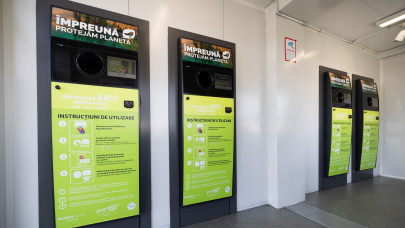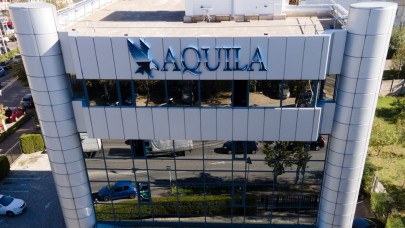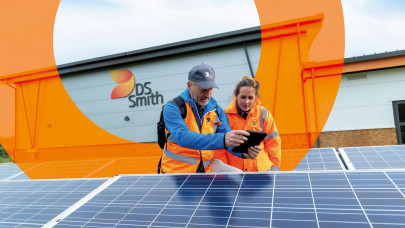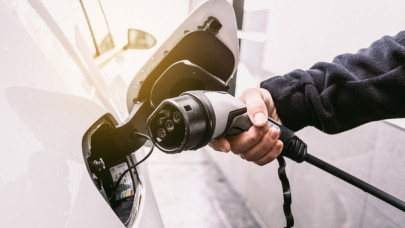The Bosch Power Tools division increased its sales volume in 2022 by 3% to €5.9 billion, amid a difficult economic environment. "Despite massive cost increases, especially in materials and logistics, and a strained revenue situation, we were able to further develop our business," said Henk Becker, president of the Bosch Power Tools division.
The company plans to double the sales of the Bosch Power Tools division by the end of this decade.
Last year, the company invested more than €300 million in the future development of the value chain and product portfolio. As part of its development strategy, Bosch plans to acquire a stake of around 12% in Husqvarna AB to expand its cooperation with more battery brands.
The company is also determined to continue to focus on sustainability.
"We believe that business and responsibility go hand in hand. Through this long-term partnership with WWF Germany, we are moving forward with our commitment to sustainability and accelerating our transformation," emphasizes Becker.
The Bosch Power Tools division has worked steadily in recent years to reduce its environmental footprint and has already launched projects to reduce CO2 emissions and conserve resources in line with the sustainability goals of the Bosch Group. As of 2020, all divisions of the Bosch Group are climate neutral (Target 1 and 2), which means that they do not include any worldwide facilities that currently have a carbon footprint. The company has defined four levers to successfully achieve climate neutrality: improving energy efficiency, generating more energy from renewable sources, expanding the purchase of green electricity, and, as a last resort, offsetting unavoidable CO₂ emissions through carbon credits.
In addition, the Bosch Power Tools division will relentlessly pursue the reduction of upstream and downstream emissions (Target 3) down to the product level, with the aim of reducing the figures by at least 15% from the 2018 benchmark by 2030.
WWF Germany will work closely with this division and contribute its consulting expertise on topics such as the further development of the climate and packaging strategy. Another major task of the collaboration, which is to last at least five years, includes training and raising the awareness of the company's employees so that they can participate and contribute to the sustainable transformation of the company. At the same time, the Bosch Power Tools division will support WWF Germany in nature conservation projects and help finance projects in Asia to accelerate the urgently needed change in light of the current climate and biodiversity crisis. Thanks to this partnership, the Bosch Power Tools division becomes a pioneer in its field of activity.
"We are working tirelessly to make our entire product portfolio more sustainable. The knowledge we have acquired so far, for example regarding the opportunities and limitations of recycled materials, continues to be used in our processes and production," emphasizes Becker.
By launching the DIY edition of its entire portfolio of measuring tools, the Bosch Power Tools division is taking a big step forward with regard to its sustainability goals: starting in the fall of 2023, 23 new and improved measuring tools will be available along with accessories and related packaging, all presenting a new concept of sustainability and being produced with as much recycled material as possible.
The company analyzed the entire value chain to identify ways to save materials, especially plastic and replaced them with greener components. Many lessons were learned from the development of the Quigo Green device, the company's first measurement tool that represented a sustainable product concept.
"Our goal is to be a model for the industry and motivate everyone to do their part for a better living environment," he adds.














